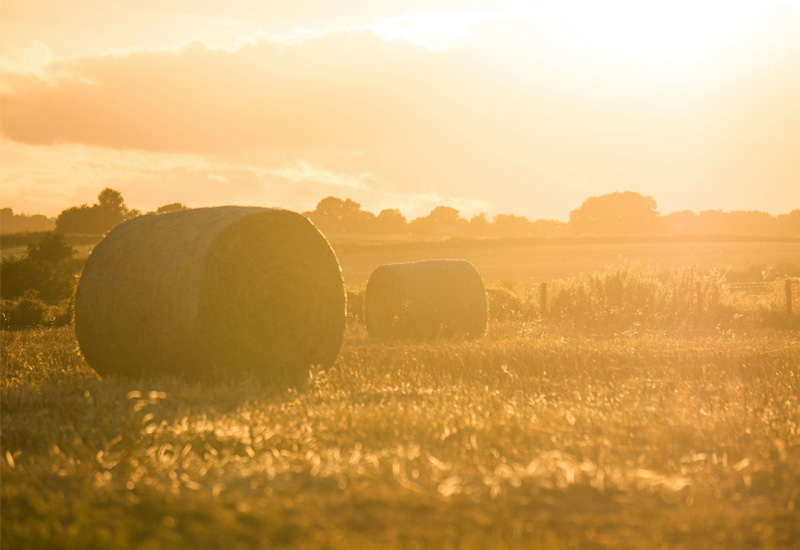Sustainability has become a crucial aspect of brand identity for fast-moving consumer goods (FMCG) companies. However, the sustainability media conversation has significantly changed over the past couple of years.
This is what we found in our report assessing the media profiles and performance of six FMCG giants – Nestlé, Coca-Cola, PepsiCo, Unilever, Danone and Mondelēz – in 3,607 sustainability-related articles published between August 2022-August 2024.
Our findings indicated a shift from traditional sustainability narratives focused on end-product attributes, such as packaging and carbon-neutral goals, towards a more nuanced and impactful focus on supply chain sustainability.
Sourcing > recycling
We found that Nestlé has managed to effectively position itself at the forefront of sustainability discussions.
By framing its narrative around the sustainable sourcing of cocoa and coffee, Nestlé distinguished itself from competitors like Coca-Cola and PepsiCo, which have predominantly concentrated on end-product sustainability initiatives.
For instance, while Coca-Cola has focused on recycling innovations and PepsiCo on sustainable packaging, Nestlé’s commitment to ethical sourcing and community support has garnered substantial media visibility.
Moreover, Nestlé’s sustainability messaging extended beyond environmental considerations to encompass health and nutrition. The company’s integration of health into its sustainability narrative—evidenced by initiatives such as sugar reduction strategies and the development of healthier products—set it apart from other companies that have prioritised traditional product innovation.
However, with increased visibility comes a heightened risk of reputational damage, as evidenced by the emergence of new challenges within the sustainability media debate. Our analysis identified significant reputational risks for all companies involved.
For Nestlé, concerns regarding deforestation linked to its palm oil sourcing practices have prompted scrutiny from environmental campaigners.
In contrast, Coca-Cola and PepsiCo faced backlash over misleading recycling claims, raising questions about consumer trust and the effectiveness of their sustainability initiatives. Meanwhile, Danone has been criticised for methane emissions linked to its dairy operations, illustrating the potential for misleading marketing to undermine a company’s credibility.
